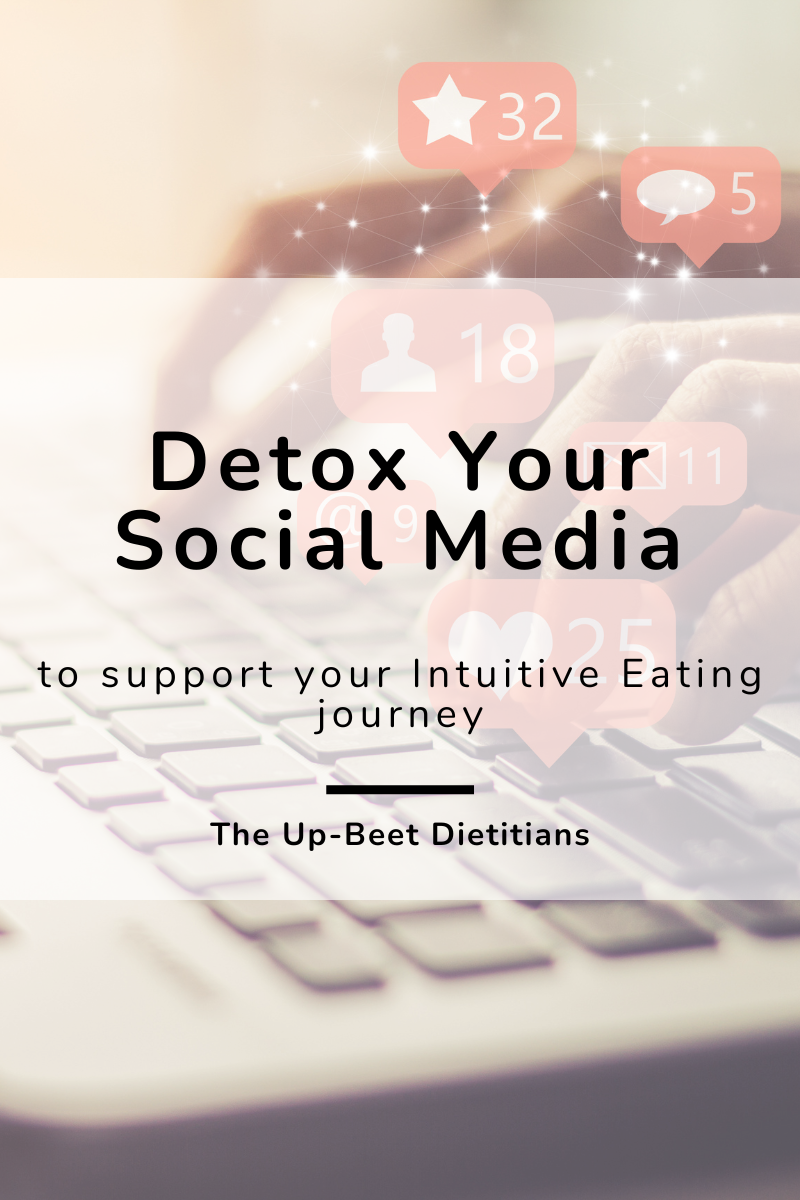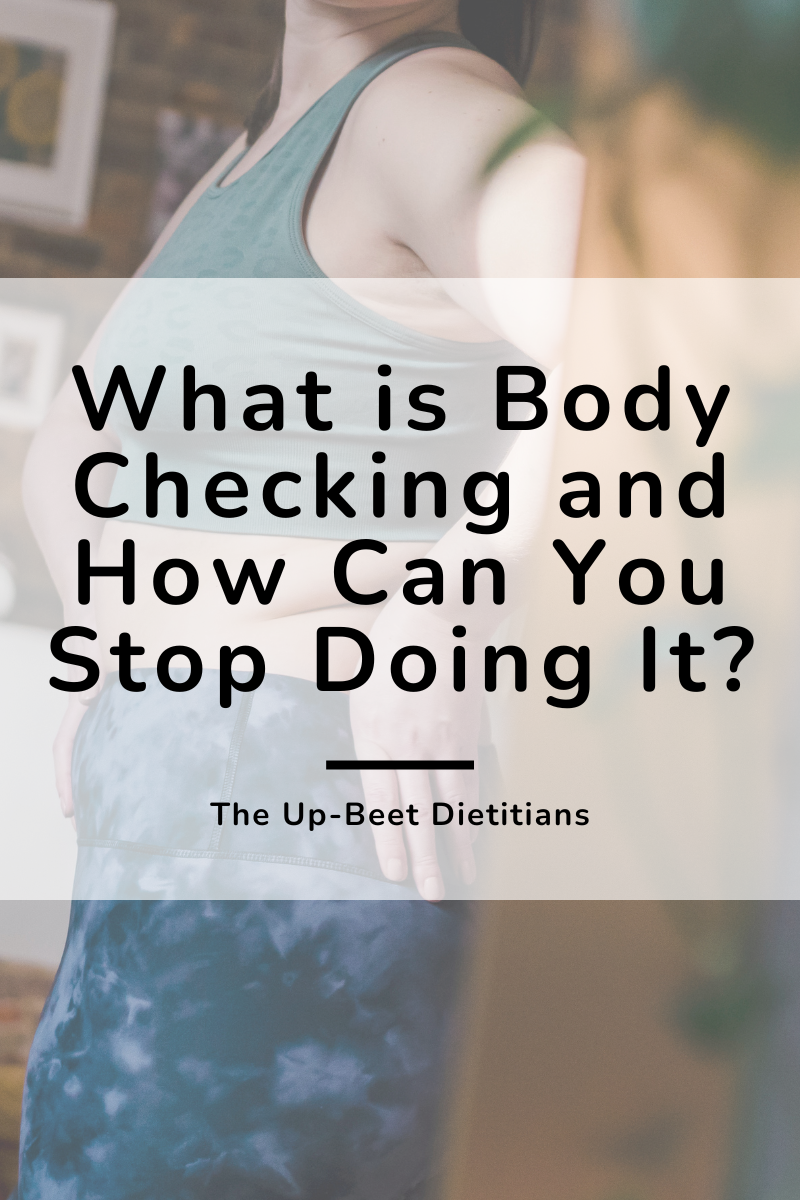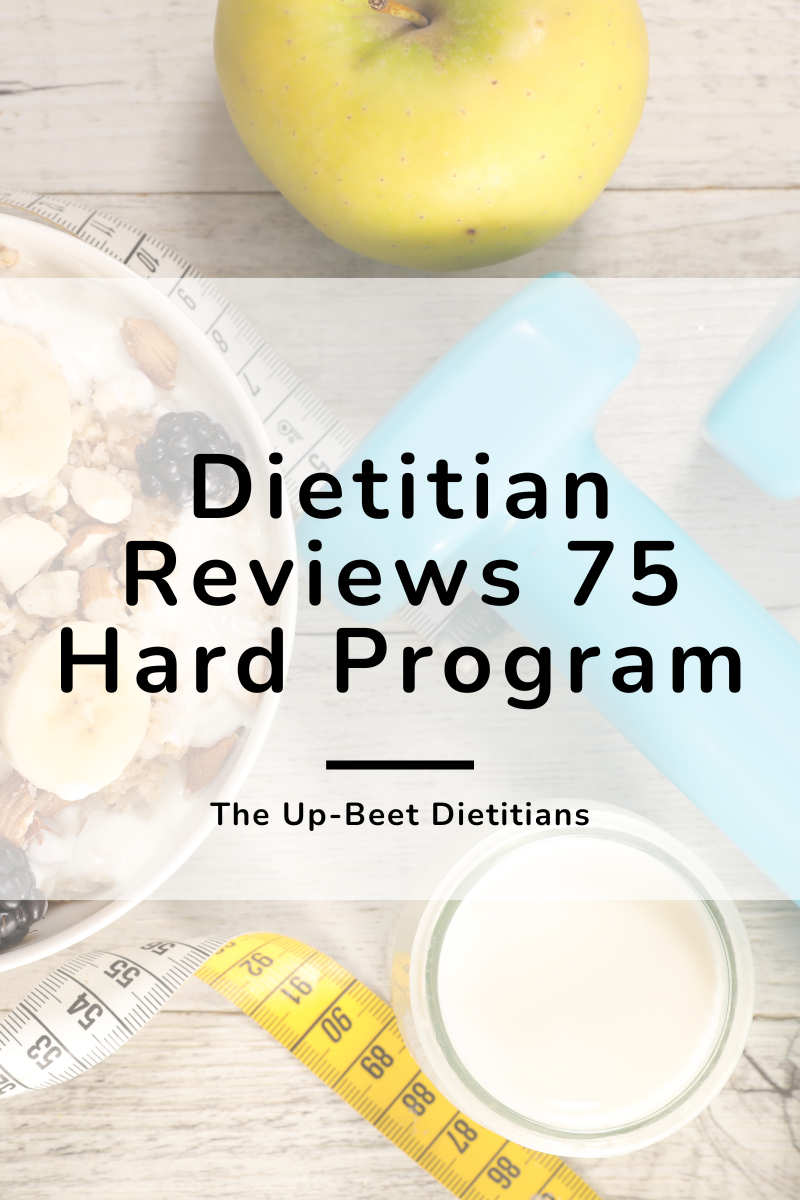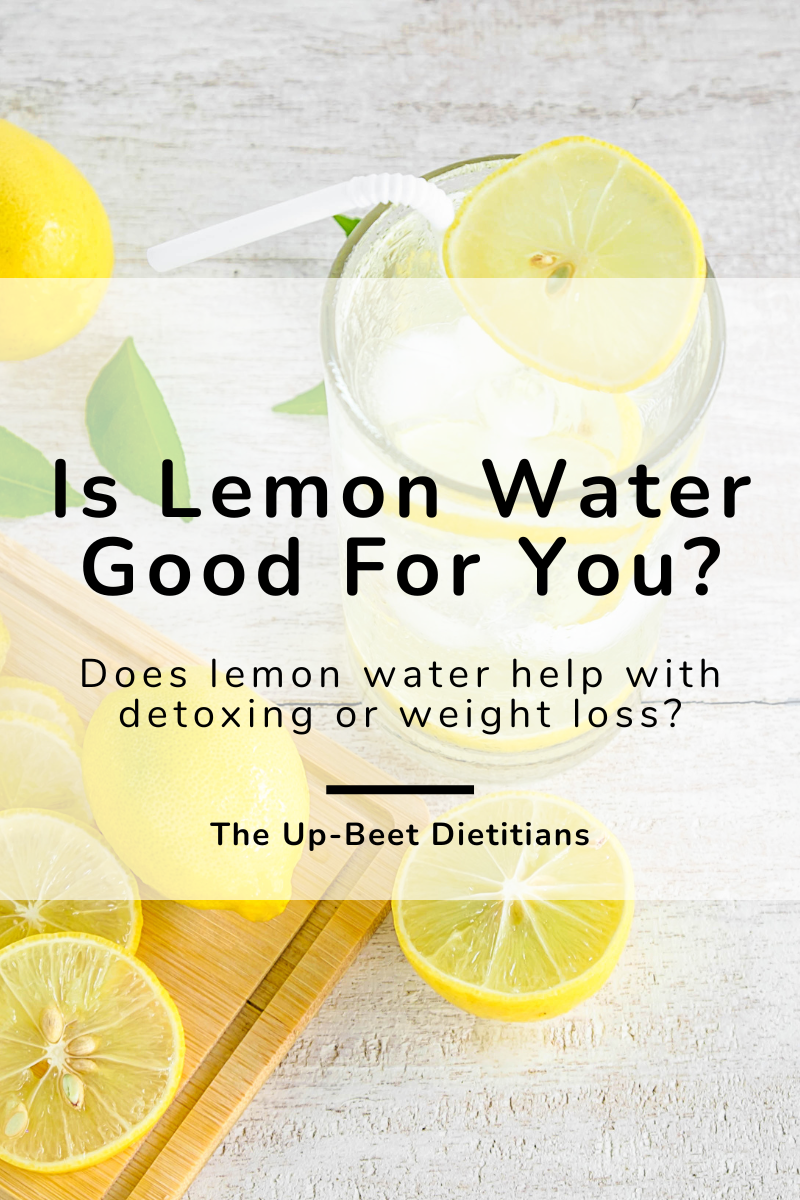Detox Your Social Media to Support Your Intuitive Eating Journey
Written by: Hannah Thompson, RDN, LD, CPT
Is social media helping or hurting your journey to food freedom?
Links included in this blog might be affiliate links. If you purchase a product or service with the links that we provide we may receive a small commission with no additional charge to you. Thank you for your support!
Around here in the anti-diet space, we know that we don’t need to do any type of food detox diet. Thankfully our organs take care of that for us. No need for weird juices or concoctions of lemon juice and cayenne pepper. Those just can’t replace the OG liver, kidneys, and lungs.
But if there is one type of detox we recommend, it’s a social media detox. This will greatly benefit your life much more than a detox diet.
Why you should do a social media detox
There are both a lot of pros and a lot of cons to social media. It allows us to find positive communities (like on our Instagram or TikTok). It can be a way to connect with family and friends, especially long distance ones.
Social media can also be a platform for us to discuss topics we are passionate about. If it wasn’t for social media, we probably would not have learned about intuitive eating! And we would not be able to reach so many people about our anti-diet message if it wasn’t for social media.
But alongside those pros there are plenty of pitfalls to social media and it can be dangerous if used incorrectly.
Cons of social media
Social media can increase the risk of disordered eating, depression, and anxiety.
We are constantly being exposed to messages that tell us that thin bodies are good and big bodies are bad. These images are often altered and many times are not even a realistic portrayal.
If you only follow individuals that meet the narrow definition of beauty, this can greatly impact your body image and your work towards body acceptance.
It can be a pathway for trolls and keyboard warriors. People on the internet are ruthless when they are behind a screen!
Social media is a highlight reel! People often only share the best version of themselves and this leads us to compare our lives to theirs.
It can generate FOMO (fear of missing out) or imposter syndrome. Again, it can lead to us comparing our lives to others’ seemingly “perfect” lives.
How to start your social media detox
Go into each of the platforms and scroll through your list of who you follow. This includes Facebook, Instagram, TikTok, Pinterest, YouTube, etc.
Take a look at each person that you follow. Why do you follow them? Do they bring you a sense of joy, inspiration, or make you think in a different way that is supportive of a form of self-improvement? Or maybe you feel just neutral about them. Maybe like an old high school classmate that doesn’t really post about anything of note but you want to keep in touch with. If they bring on a case of comparisonitis or cause you to feel insecure, inadequate, angry, jealous, or unworthy - hit that unfollow button hard. There is no need to follow accounts that aren’t positively serving you.
This detox does not only need to include influencers or others of the sort! Unfollow anyone that makes you feel negatively, even if it is someone you know personally.
Here are some criteria for you to use as you perform your social media detox:
Does the account make you feel bad about your life or your body?
Does the account try to motivate you to change something about the way that you look (this could include weight loss)?
Does it promote restricting the foods that you eat?
Does it compare or scrutinize bodies (ex: side by side comparison posts)?
Does it promote exercise as a means to change the way your body looks rather than focusing on how it feels or other health benefits?
Does it fail to represent individuals of different shapes, ages, and ethnicities?
Now it is time to replace these negative influences with more positive ones! Diversify your feed. Follow inspiring, body positive social media accounts. Bonus points if they also talk about intuitive eating or HAES. Here are some of my favorites:
Bottom line
Social media can be a great way to connect with friends and learn new information, but unfortunately it can also be a breeding ground for inaccurate and even harmful nutrition information. The good news is that you have the power to curate a more positive and inclusive feed! Use these tips to detox your social media for a more positive scrolling experience.
Want to learn more about Intuitive Eating and how to start your food freedom journey? Join our course to learn how!





